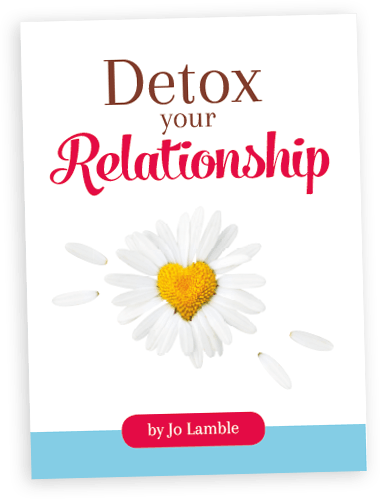 A woman recently told me that she was shocked to learn that her adult daughter was still upset about a minor incident that happened 30 years ago. The daughter had actually made frequent references to the fact that her brother had been taken on a weekend away and she hadn’t. Each time it was brought up, the mother had pointed out how long ago this had happened and had explained why she had not been taken on the trip. What’s wrong with my daughter?; this woman asked me. Why can’t she move on?
A woman recently told me that she was shocked to learn that her adult daughter was still upset about a minor incident that happened 30 years ago. The daughter had actually made frequent references to the fact that her brother had been taken on a weekend away and she hadn’t. Each time it was brought up, the mother had pointed out how long ago this had happened and had explained why she had not been taken on the trip. What’s wrong with my daughter?; this woman asked me. Why can’t she move on?
Put simply, if a person is having trouble letting something go, it’s because they don’t think that their feelings have been acknowledged or validated. I encouraged this woman to resist the urge to defend her decision all those years ago and to simply tell her daughter that she can imagine how upset she must have been to have been left behind. In this woman’s case, the mum had to say it twice before the daughter said: Thanks Mum, that means a lot. It’s amazing how easy it can be to release a long term hurt if it’s acknowledged.
Couples often come into counselling with a bucketful of resentment. These hurts can feel insurmountable because the couple has argued about the same issues time and time again. But often, true validation has never been given. Instead, I hear people apologising and defending their behaviour, which although important, doesn’t quite cut it. For any apology or defence to be heard, there needs to be some acknowledgement of the pain that was caused. If you want to help your partner move on, try saying things like;
I can only imagine how upset you were that I went to work instead of picking you up from the hospital.
You must have been so angry and hurt that I invited the person who had hurt you to my 30th.
It must have been so distressing when I didn’t go to your mum’s funeral.
You must have felt betrayed when you saw those text messages on my phone.
Once your partner (or child or friend) has heard you truly validate their feelings, they are far more likely to hear the reasons for your behaviour and you would have gone a long way towards helping them move on.








I was emotionally abused throughout childhood, and used as a punching bag. I was not considered a human being with feelings or value. I wrote to thank you for your message here, but my comment is gone now. Anyway, it is true that never being acknowledged makes it very hard to move on.
Loved the message in this @jolamble. So true.